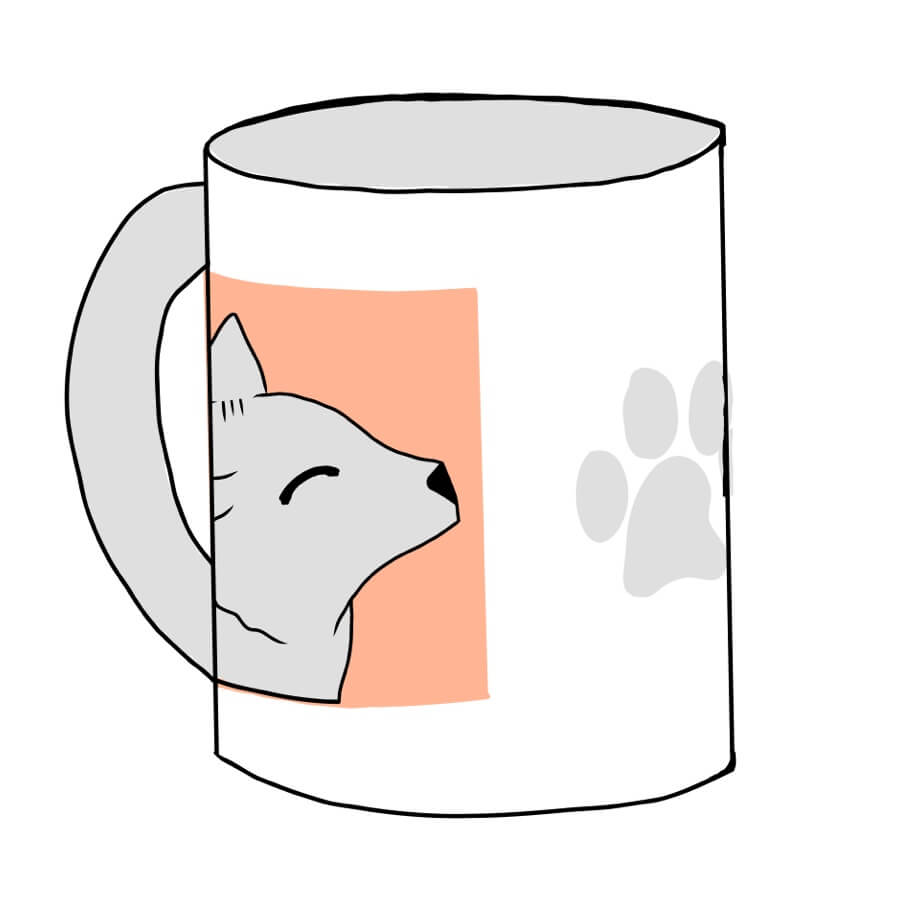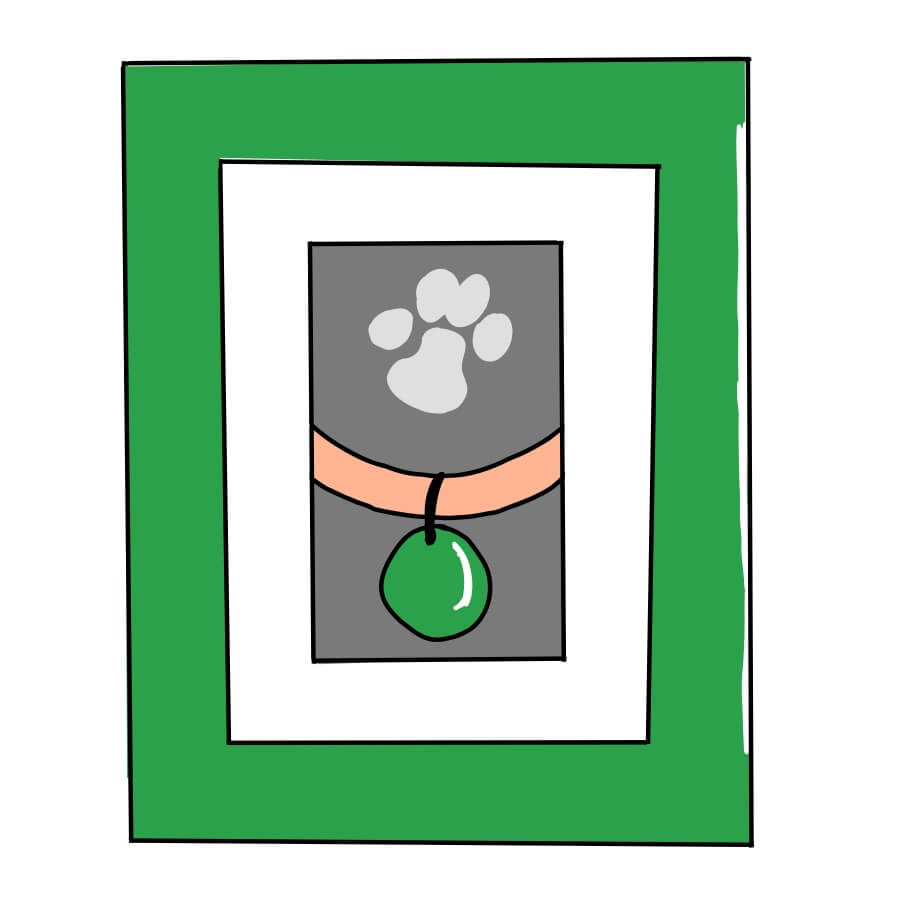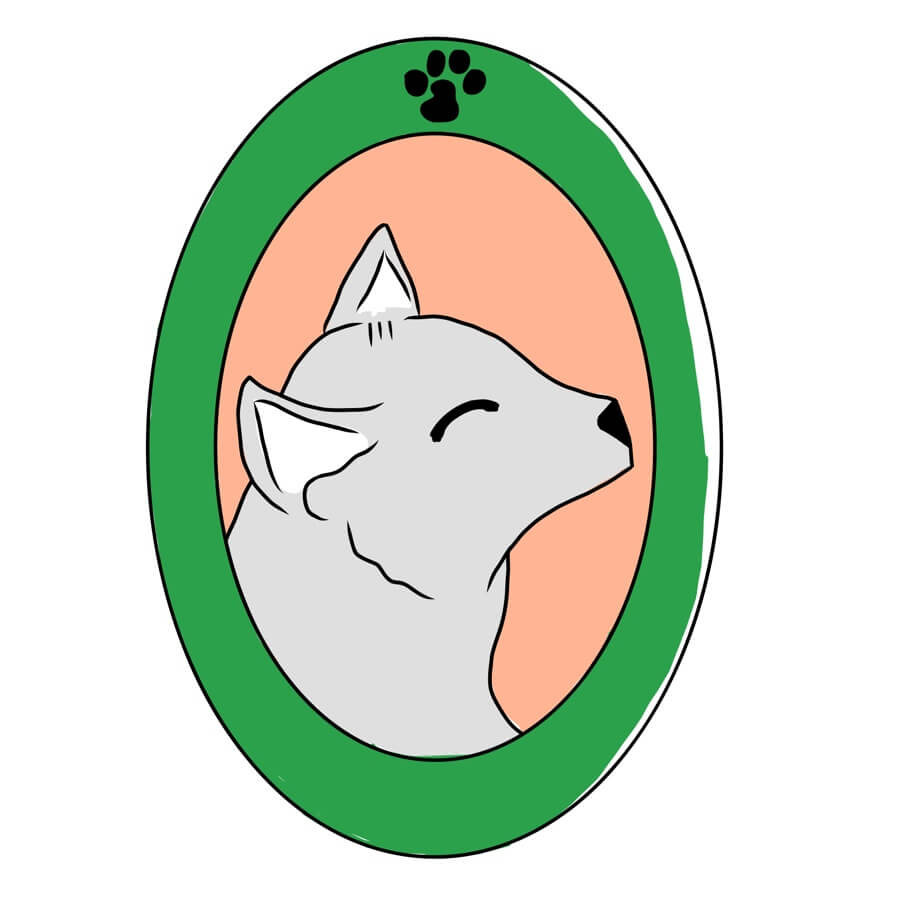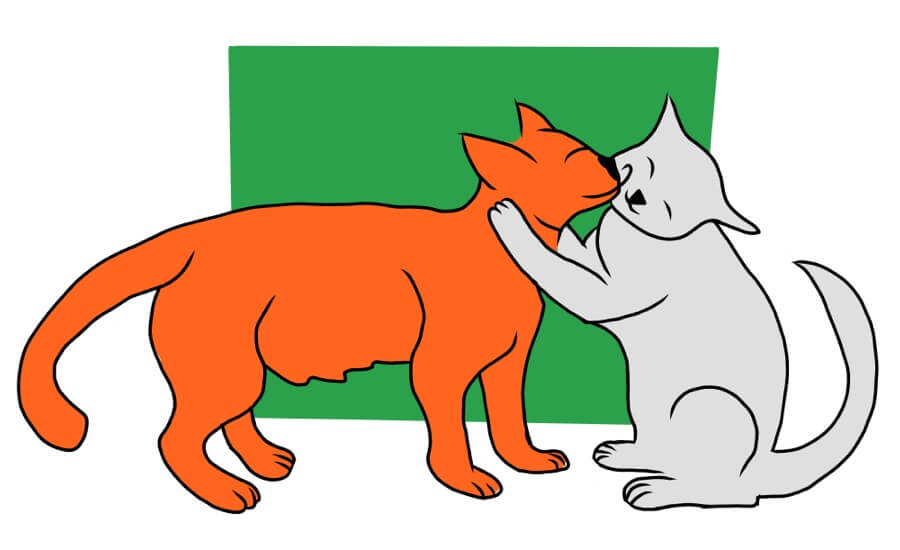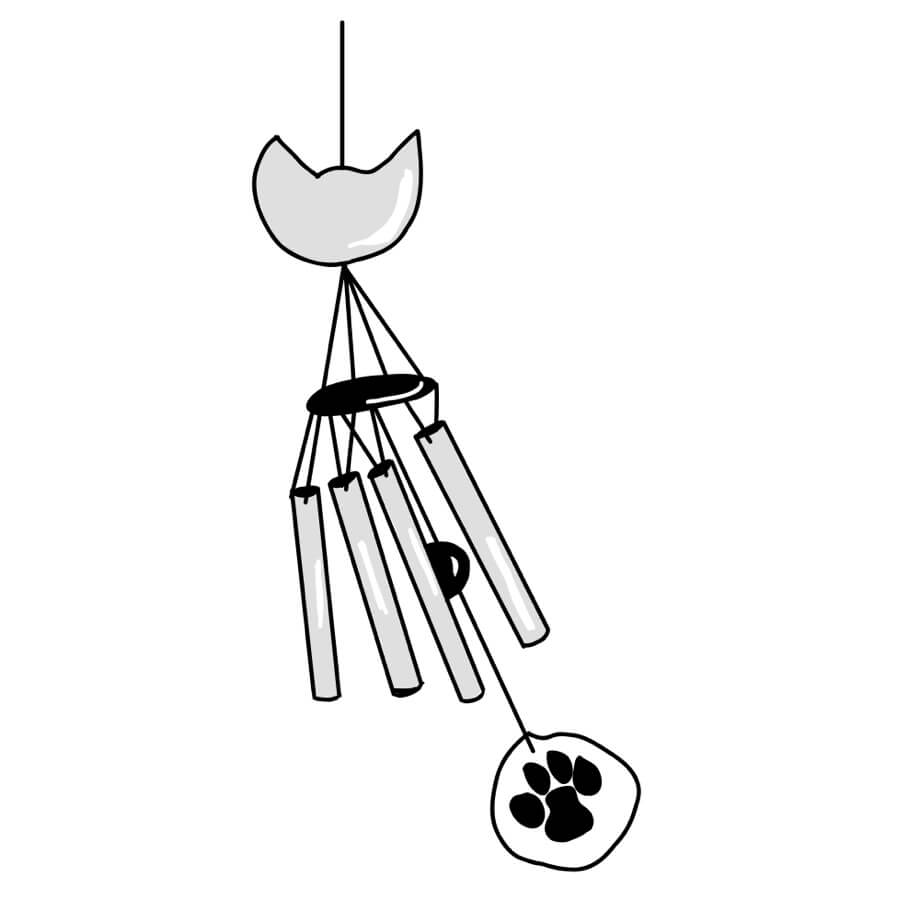
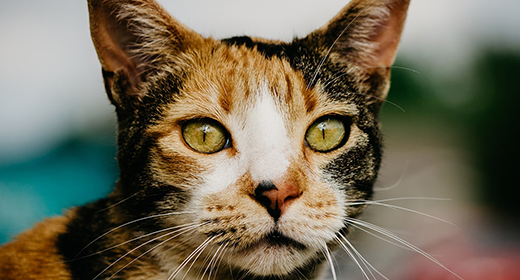
Antioxidants are good for your cat because they play a key role in minimizing damage to cells, including cells of the immune system.
These important, naturally occurring nutrients help maintain health by slowing the destructive oxidative process of cellular molecules. They also can be important in supporting immune responses and vaccine recognition in cats. This may be especially critical for kittens that are being vaccinated while their immune system is still developing.
Additionally, antioxidants can reverse decreases in immune-cell function for senior cats, increasing them back to healthy adult levels.
Antioxidants are nutrients found naturally in the body and in plants such as fruits and vegetables. Common antioxidants include vitamin C, vitamin E and certain compounds called carotenoids (including lutein and beta-carotene). A blend of several antioxidants in moderate amounts may be more effective than high levels of one antioxidant.
As cells function normally in the body, they produce damaged molecules called free radicals. These free radicals are highly unstable and steal components from other cellular molecules, such as fat, protein or DNA, thereby spreading the damage.
This damage continues in a chain reaction, and entire cells soon become damaged and die in a process called peroxidation. Peroxidation is useful because it helps the body destroy cells that have outlived their usefulness and kills germs and parasites. However, when left unchecked, peroxidation also destroys or damages healthy cells.
Antioxidants help prevent widespread cellular destruction by willingly donating components to stabilize free radicals. More importantly, antioxidants return to the surface of the cell to stabilize rather than damage other cellular components.
When there are not enough antioxidants to hold peroxidation in check, free radicals begin damaging healthy cells, which can lead to problems. For example, free radical damage to immune cells can lead to an increased risk of infection.
Because antioxidants play a key role in minimizing damage to cells, such as those that make up the immune system, recent research examined the benefits of certain antioxidants on the immune response of cats. The results of these studies indicated that antioxidants are important in helping cats maintain a healthy immune system.
The research also showed that each antioxidant benefits the immune system uniquely, so one antioxidant at high levels is not as effective as a group of antioxidants acting together.
Antioxidant | Source | Function |
Vitamin E | Plant oil extract, tocopherols | Optimizes immune system’s T-cell activation |
Beta-carotene | Vitamin premix, corn meal, chicken by-product meal and chicken fat | Optimizes types of cells present in the blood, increases antibody levels in the blood and optimizes vaccine recognition |
Recent research also examined the effect of aging on immune responses. The findings indicate that as cats age, immune cell responses may decline. Including antioxidants in your cat’s diet can help reverse the age-related decrease in immune cell function, returning it to healthy adult levels.

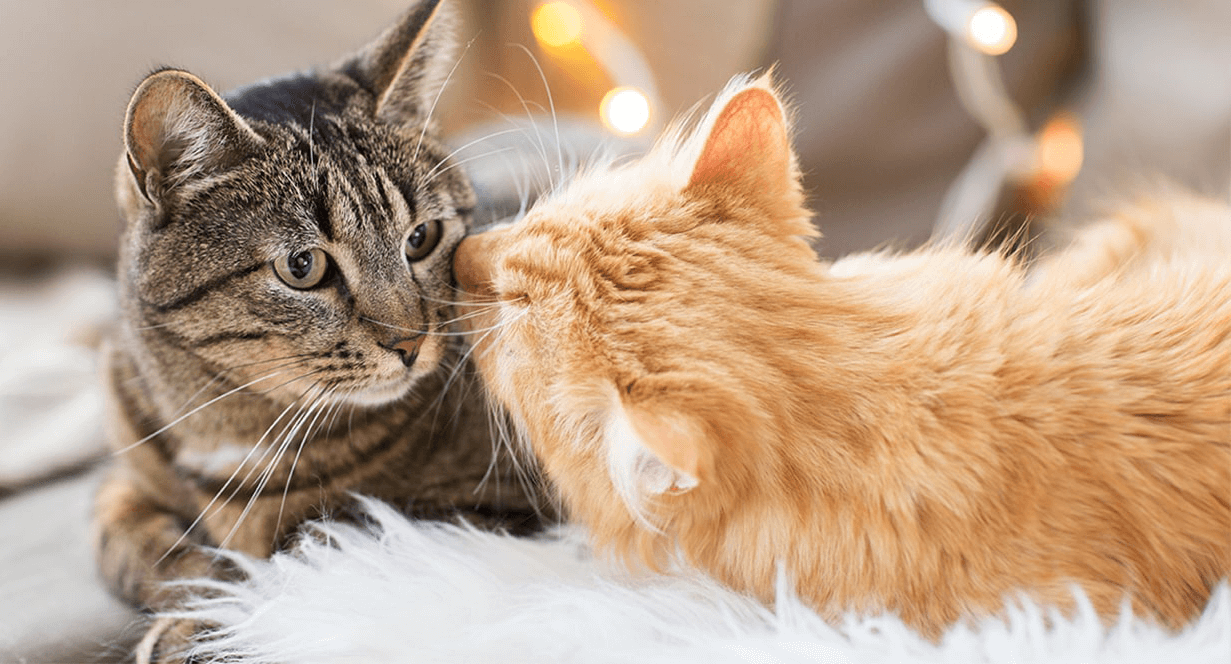
As a cat owner, you know a few things for certain: that cats are wonderful and amazing creatures, that nothing beats a purring cat on a warm lap, and that one day, sadly, your cat will leave you for good. Realizing that your cat is nearing the end of their life is never easy, but hopefully these tips and insights will help you navigate through this emotional, often painful process.
Letting your cat go is the most difficult decision a pet owner has to make. Like people, cats’ bodies eventually begin to decline due to age. To help you make the most informed decision for your cat, here are some signs it may be time to say farewell:
As you weigh your options, make sure to reach out to your vet, as well as friends or family who have lost a pet:
While you won’t be able to prevent their eventual departure, you can still ensure your cat’s final days are comfortable and full of love.
Take extra time to remind your cat of how much they mean to you. Give them extra ear skritches and cuddles, and say anything you want to tell them.
Older cats tend to be thin, making it harder for them to stay warm. Make sure they’re able to catnap in toasty areas: near heating vents, in a sunny spot or a cozy cat bed, or — their favorite — your lap.
Your senior cat isn’t as athletic as they once were, so give them an assist with steps or ramps so they can still hang out in their favorite elevated places. Also make sure they can easily get to the litter box. Getting a lower-sided box or putting one on every floor of your home helps reduce the risk of accidents.
Cats of a certain age have more difficulty grooming themselves. You can help by gently brushing them more often and clipping their nails. This not only keeps them looking as beautiful as ever, but is also a great way to spend some quality time together.
Cats are creatures of habit, so now is not the time to make any drastic changes in their routine or introduce a new pet to the household. They love the life you’ve created for them and will be more relaxed if their established routines continue uninterrupted.
Allowing family members — including other pets — a chance to say farewell will go a long way toward easing their grief. Be very clear about your decision so everyone knows you have your cat’s best interests at heart.
It’s OK to feel sad when a beloved cat moves on to the big catnip field in the sky. Pets are members of the family, after all! Don’t be afraid or ashamed to grieve your loss. To help ease those feelings, try some of these suggestions.
Your pet may have passed, but all of those wonderful memories are yours forever. That cute thing they did with their head, their funny meow, how they always insisted on sitting on your computer … don’t be afraid to reminisce and enjoy those memories.
Some people find holding a memorial provides a sense of closure and pays tribute to everything their pet meant to them. Cremation is common with pets, so you can put their remains somewhere on your property where they’ll be close. Feel free to make a speech or raise a toast — whatever you want to honor their memory.
There are a number of ways you can keep your cat’s presence around your place to help evoke happy memories. Many vet offices offer to make an impression of your cat’s pawprint in clay as a keepsake. Maybe you’d like to hang some pictures or keep their collar or favorite toy on a bedside table. Even more important is the fact that all those memories will live on forever in your heart.
